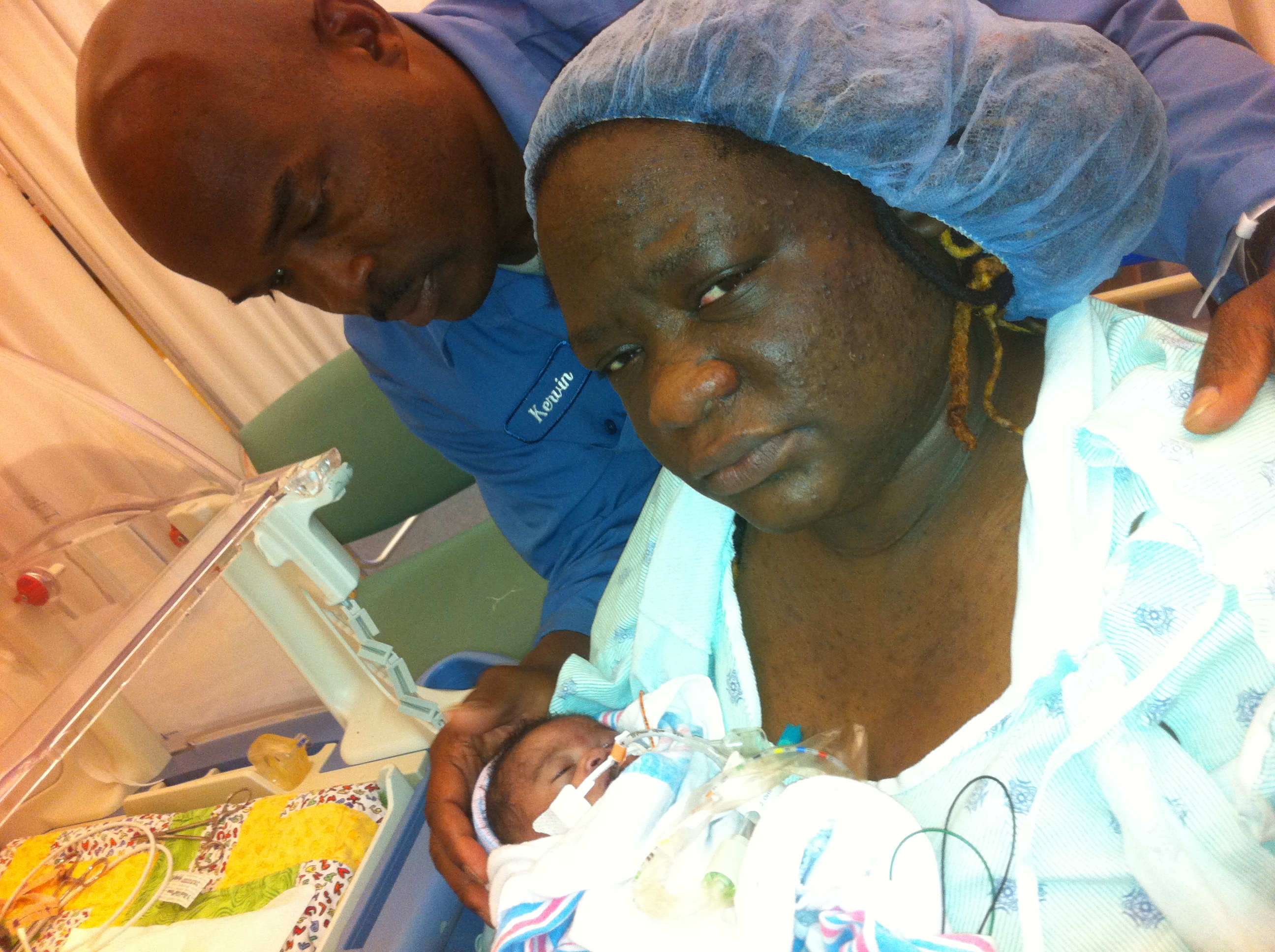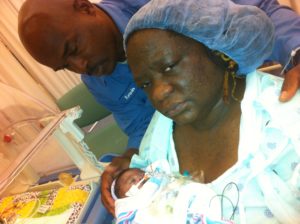July 21, 2018: According to UNAIDS, HIV-related stigma and discrimination is a “process of devaluating people either living with or associated with HIV and AIDS.” When talking about HIV and AIDS, discrimination and stigma are frequent topics of conversation, since most people living with HIV have experienced them once or more in their lives, whether online or face-to-face.
Hospital discrimination towards people living with HIV is an extremely important matter, yet rarely do people discuss it in public, because HIV and AIDS itself is a taboo topic in most countries. Numerous scientific articles and research have been published on this matter; it is still happening in every country around the world. Scientists have mainly focused this topic in developing countries, where there are numerous ways health care providers and social workers discriminate against people living with HIV. For example, in a study conducted in the Asia-Pacific region, 37.7 % of women living with HIV have reported that they have been subjected to involuntary sterilization. Further, a study by the World Health Organization found that in India, Indonesia, the Philippines and Thailand, 34% of respondents have reported breaches of confidentiality by health workers. The list goes on.
According to a UNAIDS report published in 2016 titled “Eliminating discrimination in health care,” in four countries, women living with HIV were more likely to experience discrimination than men living with HIV. “Discriminatory practices occur particularly in reproductive heath-care settings. For example, pregnancy-related discrimination is frequently reported by women, including advice not to have children, inappropriate treatment or failure to provide care during labour, and forced or coerced sterilization of women living with HIV.”
Though many assume that this type of discrimination no longer happens in the United States, unfortunately, many women living with HIV have stories to share that tell otherwise.
Stacy Jennings has been living with HIV since 1995. She is a poet, speaker and an advocate for human rights. The discrimination she faced in a South Carolina hospital resulted in the death of her newborn son.
“In 2013, after being told I should not have any more children and that I should get sterilized, in spite of being told that I became pregnant after 20 years. The pregnancy was going great according to the doctors until March 19, when I went in for a routine checkup. Something was wrong and I was sent to the hospital for further monitoring,” explained Jennings.
That was where the trouble began. Jennings said she was treated poorly. The doctors kept telling her that they may never know what was going on and kept ignoring her questions. “I was left in the limbo for 19 hours, even though the staff knew that my son was losing blood at an alarming rate, as if they were waiting for him to die. We had to force them to deliver my son, and upon delivery, it was discovered that he had lost most of his blood and had to have several blood transfusions. The transfusions would have worked if they had not given my O-positive son the wrong type of blood,” said Jennings. The doctor told her that he was not used to working with people living with HIV.
After Jennings tried to take legal action against the hospital, she soon found out that every attorney either sat on the board at the hospital or were ashamed to represent Jennings as a woman living with HIV. “It was and still is very difficult, and I get very emotional talking about it. It hurts and tears my heart apart even four years later, because not only did they take my son away from me, they took away my ability to ever give birth again by cutting and burning my reproductive organs without my permission.”
Thankfully, Jennings has had amazing support throughout the process; many have been devastated to hear that this kind of practice still exists. “I believe a documentary needs to be made, and as long as I continue to share my story, then my story will be heard and will help someone else tell their story.”





